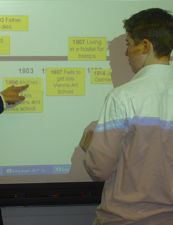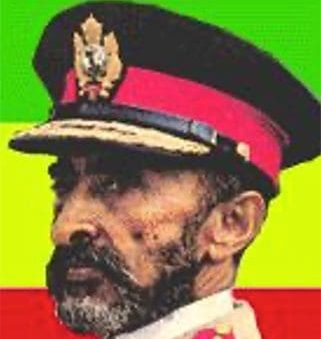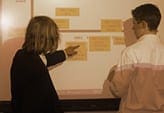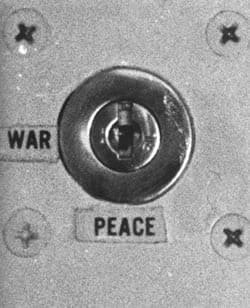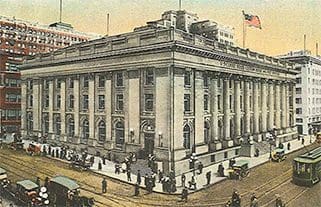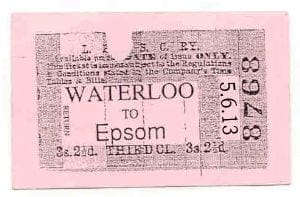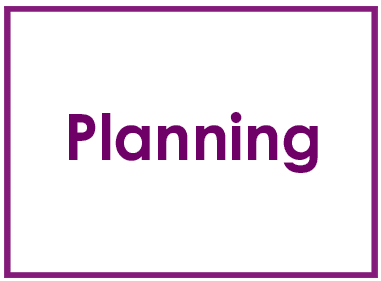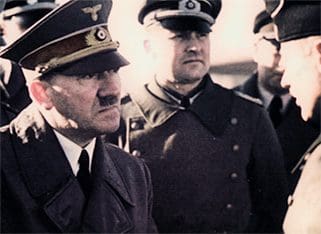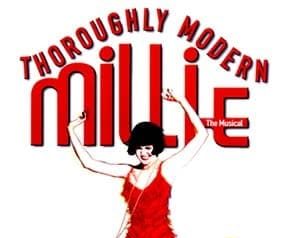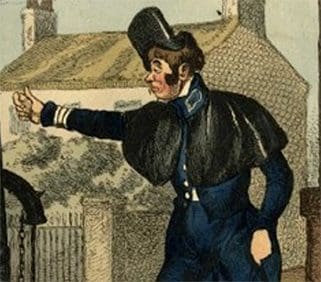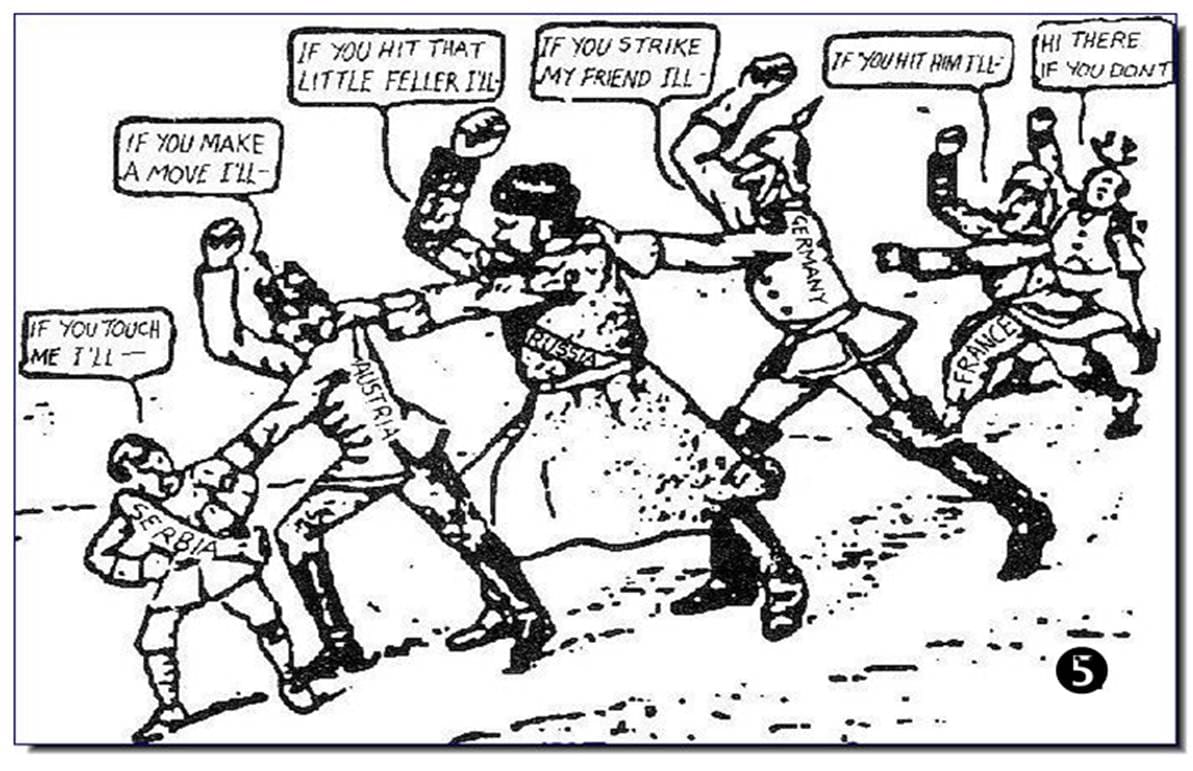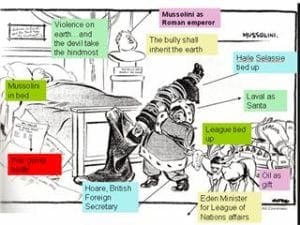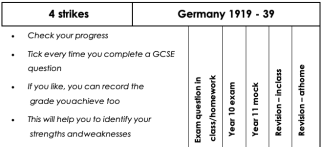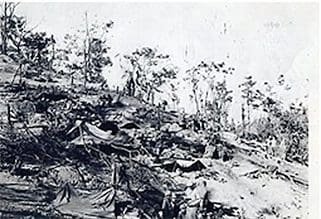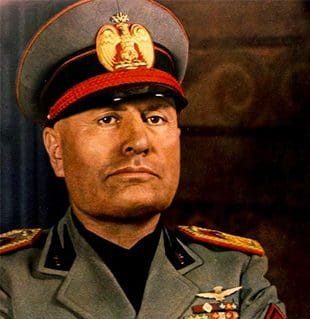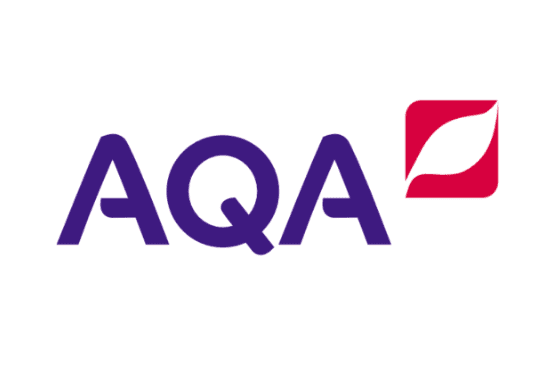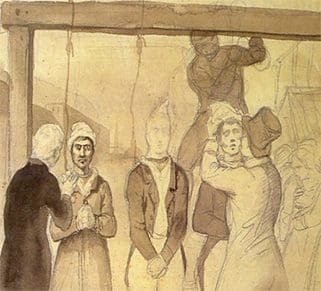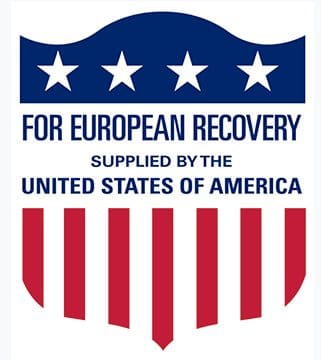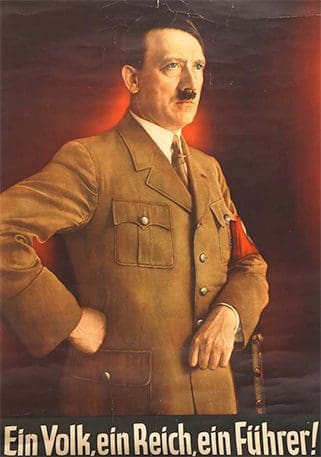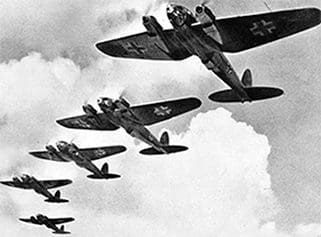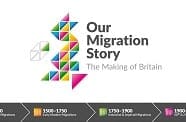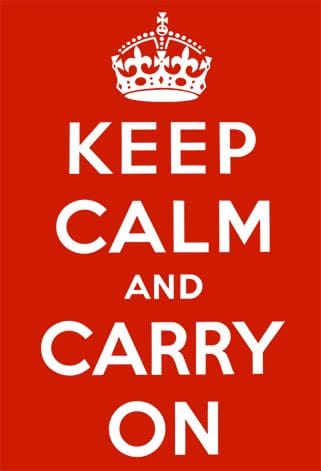Key stage 4 history
Key Stage 4 Smart Task: Scoop! What on earth was going on in Abyssinia in 1935?
This task is run along the lines of a newsroom simulation. Students take on the role of an editorial team…
Read MorePrioritising in history at Key Stage 4
As always there is a balancing act to be done. On the one hand you have to deal with the…
Read MoreDeveloping your staff at key stage 4
Teaching GCSE presents its own set of challenges, not least learning the code that you will need to crack to…
Read MoreMonitoring performance in history at KS4
The best way of monitoring students’ performance is to set frequent exam based activities, broadly under test conditions and then…
Read MoreUsing data in history at Key Stage 4
Twelve years or so ago the only meaningful data we had for GCSE was the percentage of students achieving each…
Read MoreRaising attainment at Key Stage 4
This section of the site contains four different types of advice. There is general advice, outlining factors that usually explain…
Read MoreSelf-evaluation in history at Key Stage 4
Getting ready for a history subject review: knowing what OFSTED inspectors are looking for and the criteria they are using…
Read MorePolicy and vision at Key Stage 4
Many of you will feel that having a separate history policy at Key Stage 4 is unnecessary, and yet you…
Read MorePenicillin: From discovery to world-wide use? Who should take the credit?
Students have to divide a $100 million bequest to those people who did most to develop penicillin. But in what…
Read MoreTeaching USA 1900-1990 to Key Stage 4
The first batch of lessons focuses on four examination favourites but each adds a different subtle twist that lifts the…
Read MoreTeaching international relations 1945-1990
This section, dominated by the Cold War focuses mainly on teaching its origins, its main crises and the reason why…
Read MoreDid everyone benefit equally from life in the USA in the 1920s? A market place activity. SMART TASK KS4
This activity is great for getting students off their feet and talking to every other students in the class –…
Read MoreUsing artefacts to teach history at Key Stage 4
It may be some time since you last used artefacts in your GCSE teaching, but their appearance in Key Stage…
Read MoreUsing ICT and film at Key Stage 4
At first sight you might be slightly surprised to see film and ICT bundled together. Ten years ago they most…
Read MoreTeaching chronology at Key Stage 4
The advent of the new GCSE history specifications for first teaching in September 2016 has forced us to consider how…
Read MoreInterpretations in GCSE history at Key Stage 4
Having worked so hard to develop pupils understanding of historical interpretations at Key Stage 3, many history teachers feel short-changed…
Read MoreTeaching historical enquiry at Key Stage 4
Some of the best GCSE lessons I have ever seen have been enquiry-led where students have been given a little…
Read MoreFit for purpose teaching strategies at Key Stage 4
This section has highlighted a number of issues relating to GCSE teaching that you might identify with and be interested…
Read MoreThe teaching process in history at Key Stage 4
With so much emphasis placed on the three-part lesson, due largely to the National Strategy, it is tempting to follow…
Read MoreLong-term planning at Key Stage 4
Planning for the legacy GCSE history specifications I have featured only a few models from the existing specifications, concentrating instead…
Read MoreMedium term planning at Key Stage 4
What should go into a good medium term plan at key Stage 4? 1. Key questions, not just the overarching question…
Read MoreShort-term planning in Key Stage 4 history
My view about short-term planning at KS4 is simple; keep it short. If you are following a detailed medium-term plan,…
Read MoreThinking skills at Key Stage 4
With a firm foundation of thinking skills now laid at Key Stage 3, thanks in part to the National Strategy,…
Read MoreHistory and numeracy at Key Stage 4
With so much else to focus on in GCSE history you would be pardoned for thinking that this is not…
Read MoreHistory and literacy at Key Stage 4
What OFSTED said they were looking for in history lessons when reviewing literacy across the curriculum when they last published…
Read MoreCitizenship at Key Stage 4
Am I alone in feeling the pitiful irony of history not being a compulsory subject at Key Stage 4, whereas…
Read MoreCurriculum models at KS4
As most courses are a blend of SHP and Modern World and there will be at least two new topics…
Read MoreCurriculum rationale for history at KS4
Choice of specification and order of teaching You will all been settled into your new GCSE course.If you’re thinking of…
Read More’50’ imaginative learning activities for Key Stage 4
We all know that the learning experience for students at Key Stage 4 could be more varied in some schools….
Read MoreWhy was Hitler able to consolidate his position in power between January 1933 and August 1934? Smart Task KS4
This smart task works as a starter. Students are given 7 reasons why Hitler came to power. In just 5…
Read MoreThoroughly Modern Millie: How do we know this song is about Flappers? A quick musical starter
Students are given the lyrics of a song about flappers (copy provided) and have to find 10 references that prove…
Read MoreGCSE SHP Crime and Punishment: The Metropolitan police force in 1830: SMART TASK
This quick starter uses the slow reveal technique which encourages students to explore parts of a cartoon in a particular…
Read MoreHow well do these cartoons cover the causes of World War One?
In pairs, Y9/GCSE students visit 9 different cartoons posted around the wall. They have to work out: a. Which cause…
Read MoreThe learning approach in history at Key Stage 4
Learning in Key Stage 4 history lessons is nearly always good but rarely is it outstanding. Because we are so…
Read MoreLearning Activities: Key Stage 4
Most evidence of history teaching at Key Stage 4 comes from OFSTED reports which repeatedly paint a picture of highly…
Read MoreIndependence History at KS3 and GCSE
Independent Enquirers Learners can develop as independent enquirers when they are provided with opportunities in history to: explore for themselves…
Read MoreWhen Prohibition was so popular when it was introduced, why had it failed within 12 years? SMART TASK
In this varied series of activities, students predict from pictures, categorise influence cards, and create a tweet before structuring an…
Read MoreRaising attainment at Key Stage 4
This section of the site contains four different types of advice. There is general advice, outlining factors that usually explain…
Read MoreWho started the Korean War? Smart Task
In this short starter smart task students are given two contradictory accounts of the start of the Korean War, both…
Read MoreWhen Italy signed two peace treaties with Abyssinia just 7 years before, why then did Mussolini invade in 1935? Explanation builder
Students are given a short answer to this question that appeared as an answer on the Student Room website. It…
Read MoreHow the boards differ in their approach to the historic environment
AQA The historic environment is 10% of the overall course which equates to approximately 12 hours out of 120 guided learning…
Read MoreAssessing students’ understanding of the historic environment in the new GCSE history courses
As we await the verdict of OFQUAL on the draft submissions for the new 2016 GCSE history courses, one of…
Read MoreIf the Bloody Code made so many offences punishable by death, why were so few criminals hanged? SMART TASK
Fun lesson in which small groups have to predict punishments meted out for specific crimes in 1786 using original documents…
Read MoreThe Marshall Plan: How should we interpret it? Just how philanthropic was it?
The activities in this very varied lesson ask students to raise questions, place sources on a continuum, add analysis to…
Read MoreHitler’s propaganda: the cult of leader. Reading internal clues. KS3 & 4 Smart Task
The aim of this short task is to encourage students to look really closely at images for what is there,…
Read MoreWhy did Germany lose the Battle of Britain?
If Britain was only a few days away from defeat in August 1940 how on earth did she win the…
Read MoreWhat was the impact of the Californian Gold Rush 1848-9? GCSE SMART TASK
In this series of short tasks GCSE students predict, infer, gather information and then improve existing explanations of the impact…
Read MoreMigration: Online resources
Great new Migration site www.ourmigrationstory.org.uk Our Migration Story: The Making of Britain is an Arts and Humanities Research Council-funded collaboration…
Read MoreLink between Elizabethan theatre and bear-baiting
Historic England schedulded several of London bear pits so they will not now be built over. The listing of these…
Read MoreWas there really a Blitz spirit? Killer evidence. Smart Task
Historians to this day still argue as to whether there was a Blitz spirit or not. Much depends on the…
Read More
